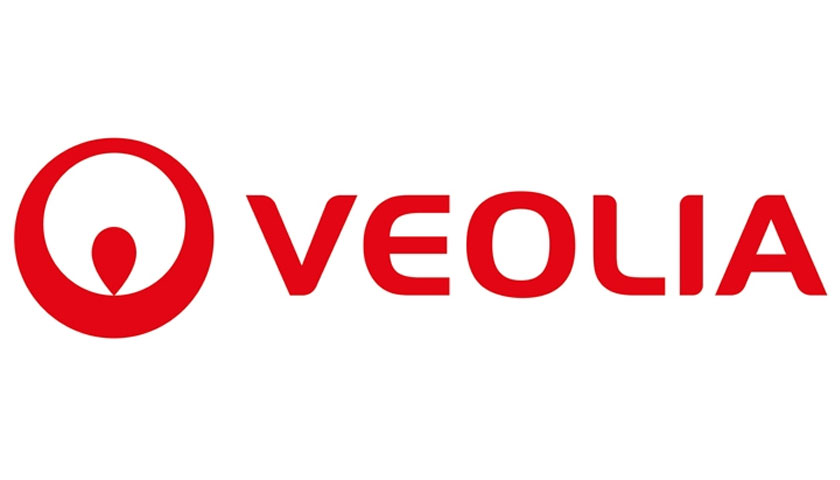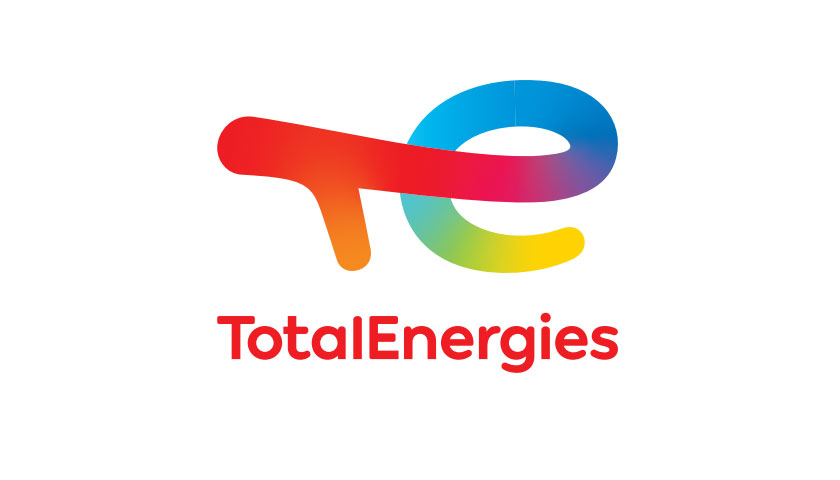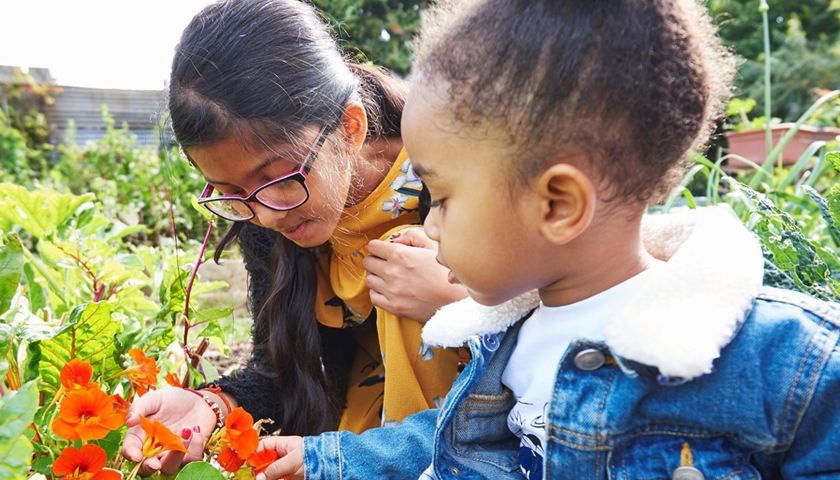Leading resource management company, Veolia, has become the first recycling and waste company to sign up as an ‘enabling partner’ to the Food Waste Reduction Roadmap – the programme supporting large businesses in reducing food waste within their own operations. The Food Waste Reduction Roadmap, created by the IGD and WRAP, is working across the supply chain, from farm to fork, with a target to reduce food waste by 50%.
According to the United Nations, around a third of all food produced for human consumption is lost or wasted. This has massive economic, social, and environmental impacts, and represents over £20 billion a year in lost monetary value. To support the programme, Veolia is actively supporting and encouraging its customers to support the drive to reduce food waste and, amongst other things, ensure food surplus suitable for redistribution goes to feed people in need, and is not wasted.
In order to help meet the carbon zero targets and avoid climate-damaging emissions from unavoidable waste, the company has multiple operations that collect food waste from households, businesses and industrial sources. Veolia recycles this to become compost, carbon-neutral energy and organic fertiliser for agriculture.
We know that we can all help cut food waste in our day-to-day lives, and we welcome this important move to halve business food waste in the UK. But it is not always possible to eliminate food waste completely, so to meet the carbon zero targets and help mitigate the impact of climate change it is essential we collect this material and use it as a new resource for generating green energy, and produce valuable organic products such as compost and fertilisers.Through innovation and new technologies, we can make sure we realise the real potential that is currently going to waste and deliver a more sustainable future
Richard Kirkman, Chief Technology and Innovation OfficerThe link between food waste and climate change is something we can no longer ignore. Globally, around a third of all food is wasted and the IPCC estimated that food waste contributed nearly 10% of all man-made greenhouse gas emissions, between 2010 and 2016. Waste management companies like Veolia have an important role to play in helping to mitigate against this problem through engaging with their client base. We are delighted that Veolia is supporting the UK Food Waste Reduction Roadmap in this way, and will work with its clients to influence change. We would encourage others to follow its lead.
Peter Maddox, WRAP Director
In 2015, in response to the need for urgent action, countries of the world formally adopted a global food waste reduction target – Sustainable Development Goal (SDG) 12.3. The Food Waste Reduction Roadmap is aligned with SDG 12.3, and with the UK’s own targets for food waste reduction under the Courtauld Commitment 2025. WRAP will report on progress against the Roadmap milestones in 2022 and 2026, alongside reports on progress towards the Courtauld 2025. The final report on SDG12.3 expected in 2031.
Green energy comes from the renewable energy plants that Veolia operate, and these save around 33,000 tonnes of CO2 emissions each year. These plants process 250,000 tonnes of food waste to generate around 35GWh of electricity per year, equivalent to powering 11,000 homes. They also provide the heat needed to produce 10 million litres of whisky, and renewable biogas that serves 4000 homes.


